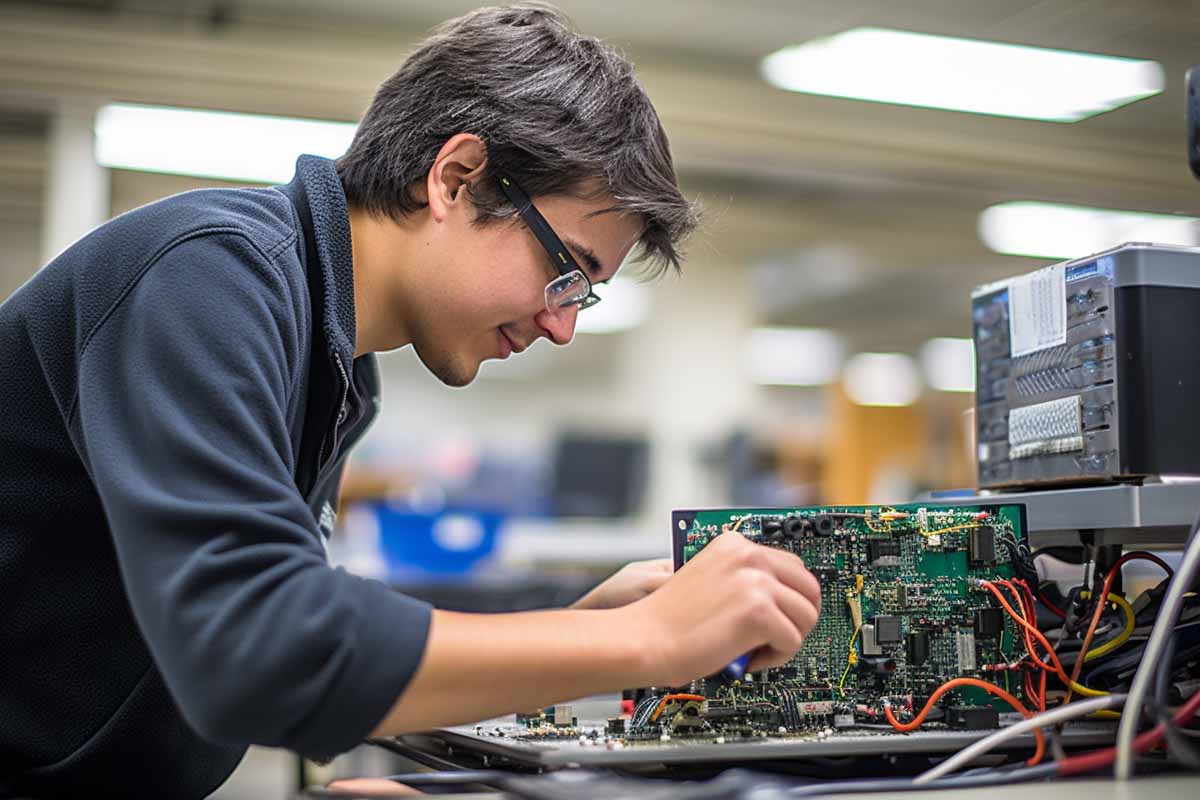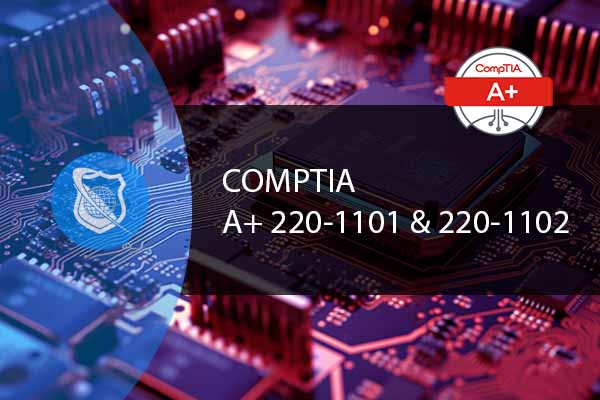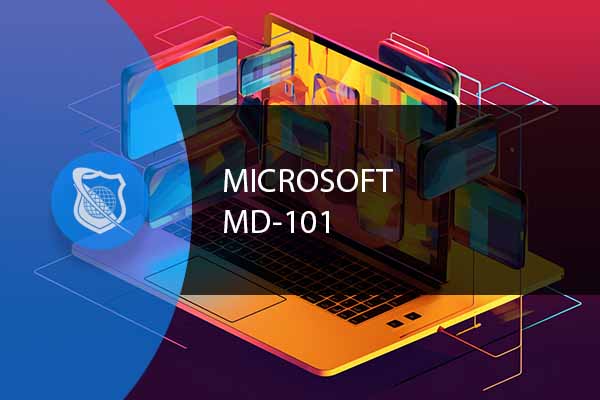Tech support interview questions can be a challenging aspect of preparing for a new job opportunity. With over 20 years of experience in the field, I understand the intricacies of tech support roles and the importance of being well-prepared for these interviews. In this article, we will explore the key aspects of tech support interview questions, including common questions and answers, preparation strategies, and mistakes to avoid. Whether you’re a seasoned professional or just starting your career in tech support, this guide will provide you with the insights you need for your next interview.
Understanding Tech Support Roles
To excel in a tech support role, you’ll need a combination of technical knowledge and soft skills. Here’s what employers typically look for:
Technical Skills
- Understanding of Operating Systems: Familiarity with various operating systems like Windows, macOS, Linux, etc., is essential. You should know how to install, configure, and troubleshoot common issues within these environments.
- Networking Knowledge: Understanding network protocols, routers, switches, firewalls, and VPNs is crucial. You should be able to diagnose connectivity issues and implement network security measures.
- Hardware Expertise: This includes the ability to assemble, disassemble, and troubleshoot various hardware components like motherboards, processors, RAM, and storage devices.
- Software Proficiency: Familiarity with different types of software, including office applications, antivirus programs, and specialized industry tools, is vital. You should know how to install, update, and resolve conflicts between software applications.
CompTIA A+ Course
Embark on a transformative journey into the world of IT with our CompTIA A+ Certification course. From mastering hardware and network devices to software troubleshooting and security procedures, this comprehensive course equips you with the skills to excel in the ever-evolving tech landscape. Take the next step in your career and prepare for the CompTIA A+ (220-1101 – Core 1) (220-1102 – Core 2) exams with confidence!
Problem-Solving Skills
- Analytical Thinking: Ability to break down complex problems into smaller, manageable parts and apply logical thinking to find solutions.
- Creativity: Sometimes, standard solutions don’t work, and you’ll need to think creatively to find alternative approaches.
- Attention to Detail: Careful observation and attention to detail can help in accurately diagnosing issues and implementing effective solutions.
Communication Skills
- Explaining Technical Concepts: You must be able to translate complex technical jargon into simple terms that non-technical users can understand.
- Listening Skills: Active listening is key to understanding the user’s concerns and needs, which leads to more effective problem-solving.
- Written Communication: Clear and concise writing skills are essential for documenting solutions, writing reports, and communicating via email.
Customer Service Skills
- Empathy: Understanding and sharing the feelings of others, especially when they are frustrated with technical issues, helps in building trust and rapport.
- Patience: Tech support often requires dealing with repetitive questions and complex problems, so patience is vital.
- Responsiveness: Quick and effective response to customer inquiries and problems shows professionalism and builds customer satisfaction.
- Conflict Resolution: Ability to handle conflicts and complaints in a calm and diplomatic way, finding solutions that satisfy all parties involved.
A successful tech support professional must possess a blend of technical expertise and interpersonal skills. Continuous learning and adaptation to the ever-changing technological landscape are also key factors in staying relevant and effective in this field. Whether you’re preparing for tech support interview questions or looking to grow in your current role, focusing on these skills and qualifications will set you on the path to success.
Microsoft Modern Desktop
Unlock the power of Windows 10 with the MD-101 course from Microsoft. Dive into an immersive learning experience that equips you with the skills to deploy, update, and master Dynamic deployment and Windows AutoPilot. Take control of your future and prepare to ace the corresponding exam with confidence!
Top Tech Support Interview Questions and Answers
Common Questions and How to Answer Them
- What is your experience with troubleshooting? Answer: “In my 20 years of experience, I’ve handled a wide range of troubleshooting tasks, from resolving hardware failures to optimizing software performance. I follow a systematic approach to identify the root cause and apply the most effective solution.”
- How do you handle a frustrated customer? Answer: “I understand that technical issues can be frustrating. I always approach such situations with empathy, listening to the customer’s concerns, and assuring them that I’ll do my best to resolve the issue quickly.”
- Can you describe a time when you solved a complex technical problem? Answer: “Certainly! I once faced a network issue that affected multiple departments. By carefully analyzing the network logs and collaborating with the team, I identified a configuration error and resolved it, restoring normal operations.”
The below expanded questions and answers provide a comprehensive view of what might be expected in a tech support interview. They reflect the multifaceted nature of tech support roles, requiring a blend of technical expertise, problem-solving abilities, communication skills, and customer service orientation.
Behavioral Questions
How do you stay updated with the latest technology trends?
- Answer: Staying updated with the latest technology trends requires a proactive approach. This includes reading industry blogs, following tech news websites, participating in online forums, attending conferences, and engaging with professional networks. Continuous learning through online courses, certifications, and hands-on experimentation with new technologies also plays a vital role.
Describe a time when you had to work under pressure. How did you handle it?
- Answer: Working under pressure is common in tech support, especially during critical system failures or high-demand periods. Handling such situations requires calmness, focus, and effective time management. Prioritizing tasks, collaborating with team members, communicating clearly with stakeholders, and maintaining a positive attitude can lead to successful outcomes.
How do you prioritize multiple tasks and deadlines?
- Answer: Prioritizing multiple tasks and deadlines involves understanding the urgency, importance, and impact of each task. Utilizing tools like task management software, creating to-do lists, setting clear goals, and regularly reviewing progress helps in managing workload. Flexibility to adapt to changing priorities and the ability to delegate when necessary are also essential.
Technical Questions
Explain the difference between a router and a switch.
- Answer: A router connects different networks, directing data packets between them and often providing Internet access. A switch, on the other hand, operates within a single network, connecting devices like computers and printers. While routers make decisions based on IP addresses, switches work with MAC addresses, focusing on local traffic management.
How would you diagnose a slow computer?
- Answer: Diagnosing a slow computer involves checking various factors such as hardware performance, software conflicts, malware infections, and network issues. Utilizing system monitoring tools, examining startup programs, updating drivers, scanning for malware, and optimizing disk space are common steps in the diagnostic process.
What are the common security threats, and how would you mitigate them?
- Answer: Common security threats include viruses, phishing attacks, ransomware, and unauthorized access. Mitigation strategies include implementing firewalls, using updated antivirus software, educating users about safe browsing practices, applying regular system updates, and following best practices in password management and access control.
CompTIA Systems Support Specialist (CSSS)
Embark on a journey of professional growth with the CompTIA CSSS certification. Ideal for those new to IT or with limited experience, this certification path includes the CompTIA A+ and CompTIA Linux+ exams, unlocking specialized knowledge and proficiency. Enroll now and ignite your passion for technology, setting the stage for a thriving career!
Scenario-Based Questions
How would you handle a situation where a critical system fails during business hours?
- Answer: Handling a critical system failure requires immediate action. This includes identifying the root cause, communicating with affected users, collaborating with team members, implementing temporary workarounds if possible, and working diligently to resolve the issue. Post-resolution, documenting the incident and analyzing it for future prevention is also essential.
What steps would you take if you suspect a malware infection on a company computer?
- Answer: Suspected malware infections require prompt isolation of the affected computer to prevent spread. Scanning with updated antivirus tools, removing detected malware, analyzing the infection’s origin, and implementing additional security measures are standard procedures. Educating users and monitoring for further suspicious activity are also important.
Describe your approach to onboarding a new user, including setting up hardware and software.
- Answer: Onboarding a new user involves understanding their role, required tools, and access levels. Setting up hardware includes configuring the computer, peripherals, and network connections. Software setup involves installing necessary applications, configuring email, and ensuring security compliance. Providing orientation, documentation, and ongoing support ensures a smooth transition for the new user.
Preparation Strategies for Tech Support Interviews
Researching the Company
Understanding the company’s culture, mission, and technology stack is essential. Research their website, social media, and recent news to gain insights into what they value in a tech support professional.
Understanding the Role
Review the job description carefully to understand the specific skills and experiences required. Tailor your answers to demonstrate how you meet or exceed these requirements.
Practicing with Mock Interviews
Consider practicing with a friend or using online resources to simulate the interview experience. Focus on answering questions clearly and confidently.
Preparing Questions for the Interviewer
Having thoughtful questions for the interviewer shows your genuine interest in the role. Ask about the team, technology, and opportunities for growth and development.
CompTIA A+ Course
Unlock the doors to a thriving IT career with our CompTIA A+ Certification course. Dive into essential technologies like hardware, networking, software troubleshooting, and more, all designed to set you on the path to success. Ready to elevate your skills and ace the CompTIA A+ (220-1101 – Core 1) (220-1102 – Core 2) exams? Enroll now and take the first step towards a brighter future!
Mistakes to Avoid in Tech Support Interviews
Common Mistakes and How to Avoid Them
- Being Unprepared: Research the company and role, and practice your answers.
- Speaking Too Technically: Tailor your language to the audience, explaining technical concepts in an accessible way.
- Failing to Showcase Soft Skills: Emphasize your communication, teamwork, and problem-solving abilities.
Tips for Staying Calm and Focused
- Take deep breaths and focus on the present moment.
- Remember, the interview is a two-way conversation. Engage with the interviewer and show your enthusiasm for the role.
Conclusion
Tech support interview questions can be diverse and challenging, but with proper preparation, you can approach your next interview with confidence. Drawing from my 20 years of experience, I hope this guide has provided valuable insights and strategies to help you succeed. Good luck with your next tech support interview, and feel free to share your thoughts and experiences in the comments below!
Frequently Asked Questions About Tech Support Interview Questions
What are the most common tech support interview questions I should prepare for?
The most common tech support interview questions often revolve around troubleshooting skills, customer service, technical knowledge, and scenario-based situations. This article provides a comprehensive list of questions and answers to help you prepare.
How can I practice tech support interview questions before my actual interview?
Practicing tech support interview questions can be done through mock interviews with a friend or mentor, using online platforms that simulate interview scenarios, or by reviewing the questions and answers provided in this guide.
Are there specific technical skills I should emphasize when answering tech support interview questions?
Yes, when answering tech support interview questions, it’s essential to emphasize your expertise in areas like operating systems, networking, hardware, and software. Tailoring your answers to the specific role and company will also make you stand out.
What mistakes should I avoid when answering tech support interview questions?
Common mistakes when answering tech support interview questions include being unprepared, speaking too technically for a non-technical audience, and failing to showcase soft skills like communication and problem-solving. This article offers tips on avoiding these mistakes.
Can this guide on tech support interview questions help me if I’m new to the tech support field?
Absolutely! This guide on tech support interview questions is designed to assist both seasoned professionals and those new to the field. It covers a wide range of topics, from understanding the role to preparation strategies, making it a valuable resource for anyone preparing for a tech support interview.














